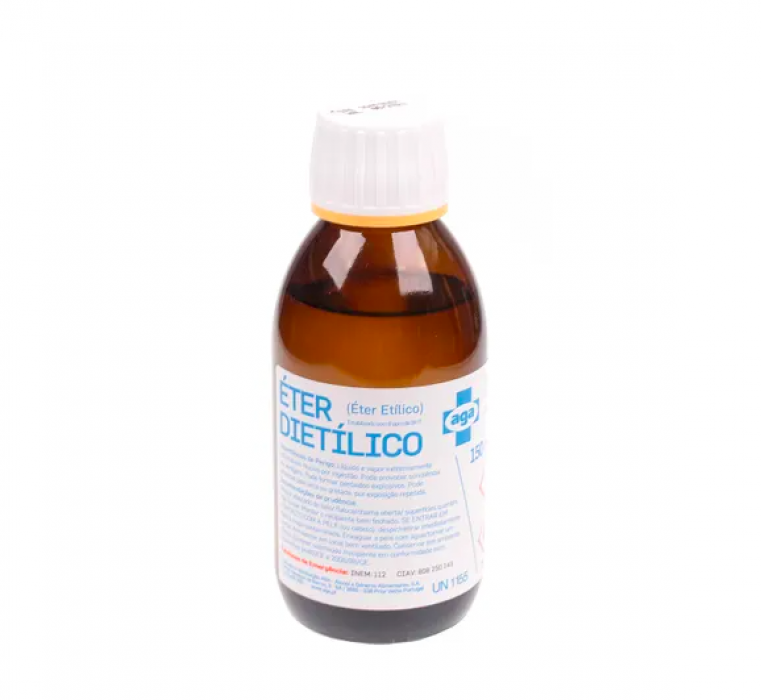

Organic solvents are carbon-based solvents (that is, they contain carbon in their molecular structure). Many different classes of chemicals can be used as organic solvents.
Organic solvents can be polar and non-polar depending on the polarity group they have. In the solubility process in organic solvents, the reaction usually takes place slowly so that the energy needed by heating to optimize the solubility condition. The resulting solution is not an electrical conductor. Examples of organic solvents are alcohols, ethers, esters, ethyl acetate, ketones, and so on.
Then after knowing what organic solvents are, what about inorganic solvents? Inorganic solvents are solvents other than water that do not have organic components in them. In inorganic solvents, solutes are connected with the concept of a solvent system that is able to automate the solvent. Usually, inorganic solvents are polar solvents so they do not dissolve in organic and non-polar solvents. The resulting solution is a good electrical conductor. Examples of inorganic solvents are ammonia, sulfuric acid, and fluoride sulfuryl chloride.
The information above is about organic and inorganic solvents, hopefully, what is explained can be easily understood and help you determine the chemical solvent that suits your needs.
If you are looking for the best quality chemical solvents or you want to be the best distributor of quality chemicals from Indochem, you can visit https://www.indochem.co.id/product.
Image source: google